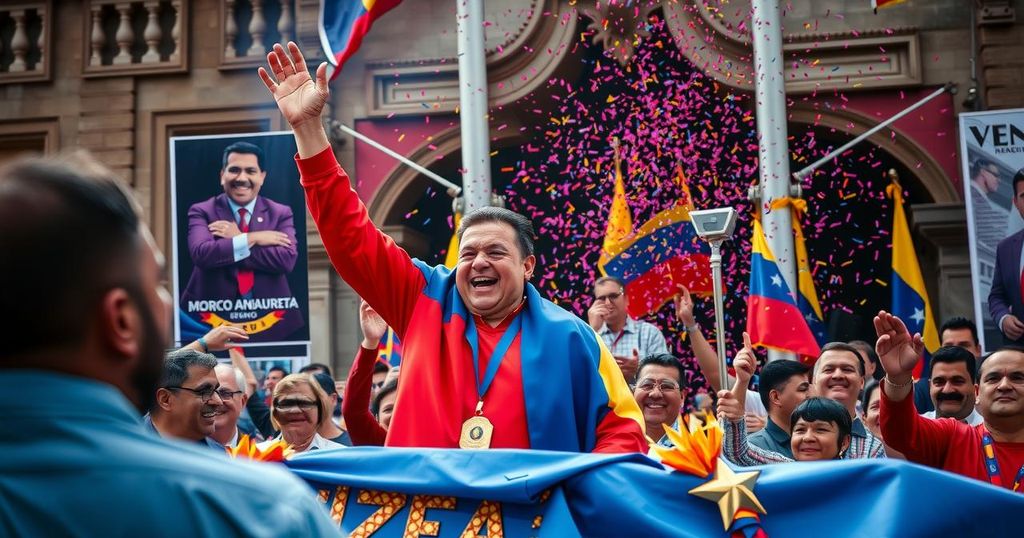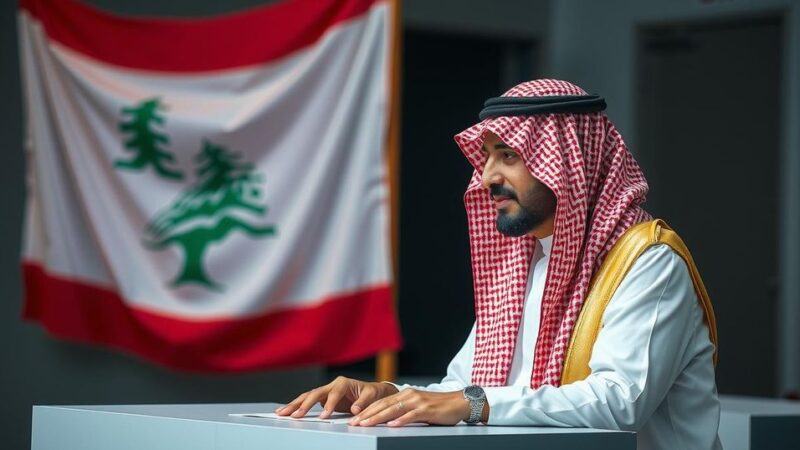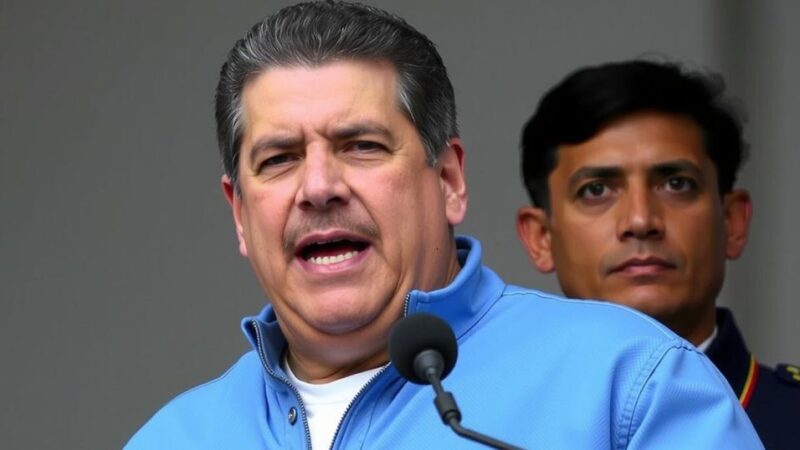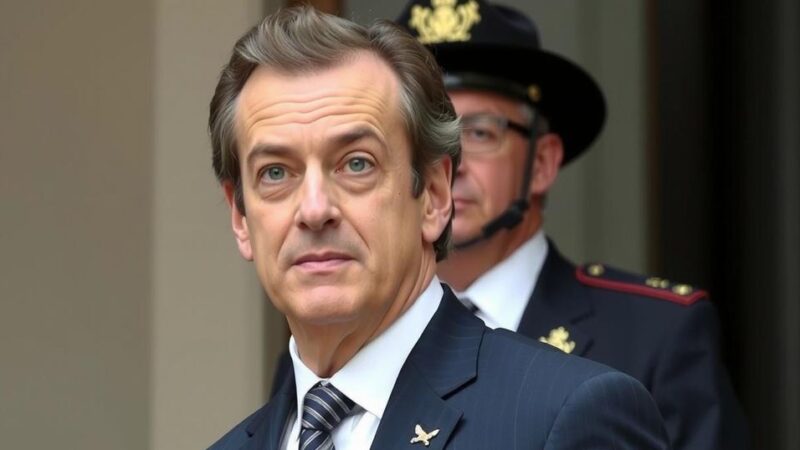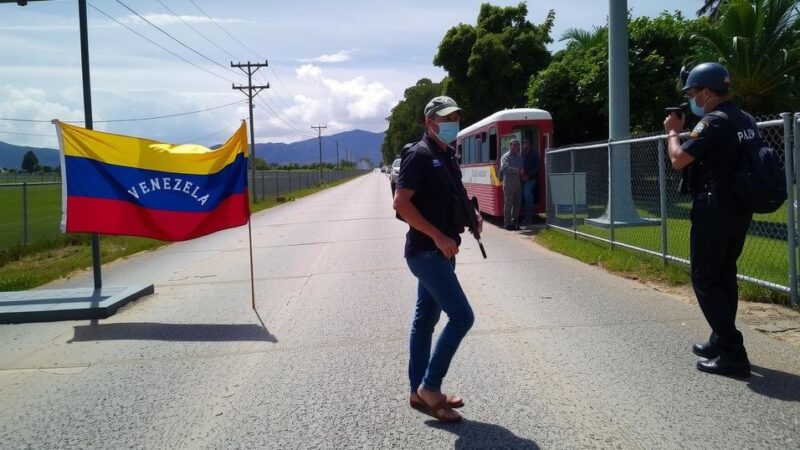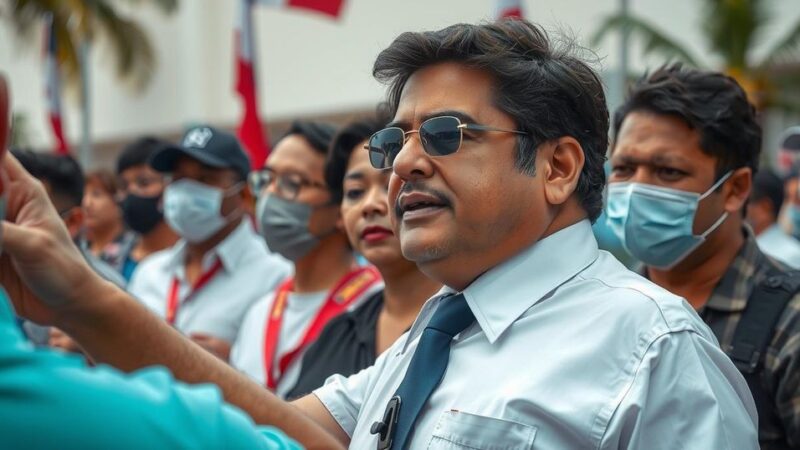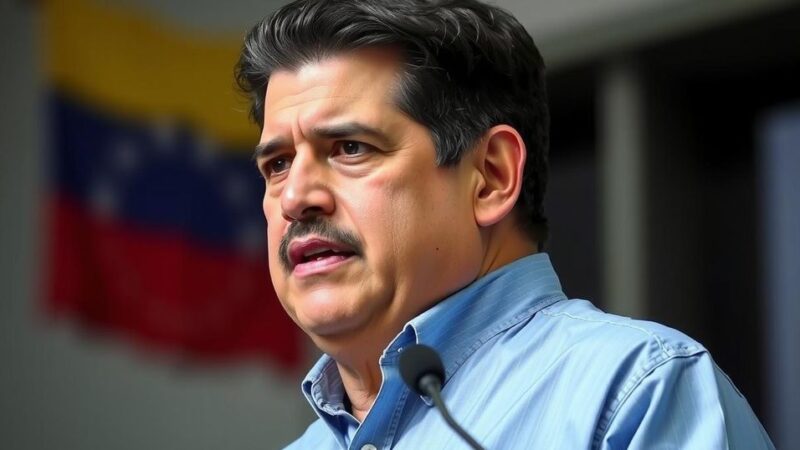Nicolás Maduro was sworn in for a controversial third term amid electoral disputes. The U.S. extended protections for Venezuelans and El Salvadorans, while the Israeli military targeted Houthi positions in Yemen following drone attacks. The Biden administration also announced new sanctions against Russia’s energy sector, highlighting escalating geopolitical tensions.
On Friday, Venezuelan President Nicolás Maduro was sworn in for a controversial third term after a disputed election. The event has raised significant concerns regarding the legitimacy of the electoral process, which faced widespread allegations of fraud and irregularities. Concurrently, in a move to support vulnerable populations, the White House announced extended protections for hundreds of thousands of Venezuelans and El Salvadorans residing in the United States. Moreover, tensions escalated in the Middle East as the Israeli military conducted strikes on targets in Yemen, attributed to drone launches by the Houthi rebels aimed at Israel. Additionally, the Biden administration imposed sanctions targeting Russia’s energy sector in response to ongoing geopolitical tensions.
The recent electoral victory of Nicolás Maduro amidst allegations of electoral malfeasance reflects the ongoing political turmoil in Venezuela, a nation grappling with economic hardship and social strife. Maduro’s administration has been widely criticized both domestically and internationally for human rights violations and consolidating power through questionable means. In parallel, the Biden administration’s commitment to protecting vulnerable immigrant communities highlights a shift in U.S. immigration policy, providing relief amid a time of uncertainty. The Israeli military’s actions in the context of regional tensions further underscore the complexities of Middle Eastern geopolitics, where actions by non-state actors, such as the Houthis, impact broader international relations. Lastly, the imposition of sanctions on Russia’s energy sector demonstrates the U.S. government’s decisive stance against perceived aggressions.
In summary, the swearing-in of Nicolás Maduro as president, amid a backdrop of disputed electoral integrity, underscores significant concerns regarding Venezuela’s political landscape. Meanwhile, the extended protections for Venezuelans and El Salvadorans residing in the United States reveal evolving U.S. immigration policies. The heightened military actions by Israel against Houthi targets and new sanctions on Russia’s energy sector further illustrate the U.S.’s proactive engagement in addressing global challenges. Collectively, these developments reflect the intricate interplay of domestic and international issues that characterize current geopolitical dynamics.
Original Source: www.thirteen.org

